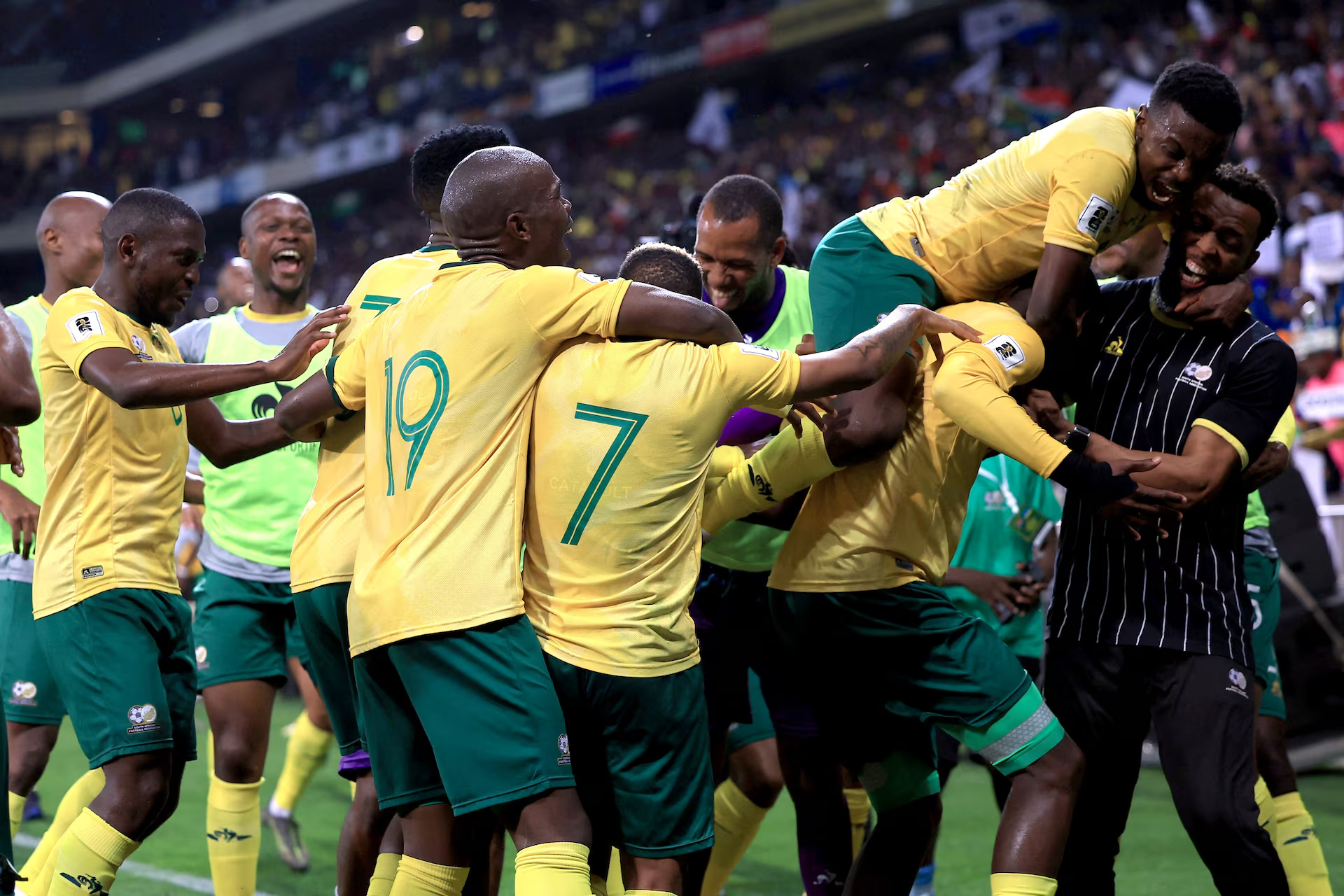Subtotal $0.00
South Africa secure World Cup return
Qualification narrative and top spot
South Africa World Cup qualification was sealed in a dramatic finish as Bafana Bafana finished at the summit of their group, earning a long-awaited return to the FIFA World Cup for the first time since hosting in 2010. The campaign blended measured gains with moments of stubborn resilience, culminating in a result that confirmed their place ahead of rivals such as Nigeria and Benin. The achievement resonates far beyond the final scoreboard, lifting spirits across cities, stadiums, and living rooms.
The decisive conclusion came after a season of cautious yet progressive development. Tactical tweaks helped tighten the defense, while attacking transitions became sharper and more intentional. It wasn’t flawless, but the consistency grew with every key fixture. This progress is the backbone of South Africa World Cup qualification, a milestone that signals a new chapter for a national team eager to re-establish itself on football’s biggest stage. For more on the global context, see FIFA’s World Cup hub.
Nigeria’s qualification hopes falter
Pressure in Abuja and diaspora reaction
Nigeria’s qualification hopes faltered as their campaign fell short of a World Cup berth. In Abuja, fans, officials, and analysts confronted a sobering reality, while the diaspora debated the implications in major football hubs abroad. The setback arrived with a heavy beating of expectations that had built over years, placing the federation under renewed scrutiny and demanding honest evaluation of tactics, scouting, and continuity.
Despite the setbacks, the broader talent pool remains talent-rich. The challenge now is to translate that potential into sustained performance. The federation will need to reassess the coaching setup, player development pathways, and selection strategies to avoid another cycle of disappointment. This moment is a turning point for Nigeria’s football leadership as they map a practical route back to global competition and set standards that match the country’s footballing history.
Group standings and rivals
Competitive dynamics and final table
The group standings reflected a tight race, with South Africa finishing top and Nigeria pushing hard to secure a place among the leaders. Benin proved a capable challenger, and the head-to-heads across the cycle underscored the depth of competition within the pool. These results shape the seeding and strategy for subsequent World Cup qualification efforts, reinforcing how consistent performance over a campaign matters more than a single standout result.
For fans and analysts, the table was a reminder of Africa’s evolving balance of power. South Africa World Cup qualification now sits alongside Nigeria’s ongoing struggle to regain supremacy, while other regional teams raise their own profiles by delivering spirited performances. As the dust settles, the group dynamics offer valuable lessons about squad depth, tactical adaptability, and the importance of sustained momentum in a high-stakes qualifying process.
Implications for African football
Impact on development and infrastructure
The outcome has wide-ranging implications for African football beyond the immediate playing field. South Africa World Cup qualification injects momentum into domestic leagues, youth development programs, and national team investment, potentially unlocking new funding, facilities upgrades, and coaching education initiatives. When a nation returns to the World Cup stage, the ripple effects extend to academies, grassroots clubs, and the pathways that feed the senior team.
For Nigeria, the setback is a call to sharpen strategic planning and resource allocation. The federation must balance short-term fixes with long-term reform, ensuring that talent is identified, nurtured, and integrated into the national team with clarity and consistency. Africa’s qualifiers will continue to be unpredictable, but strong governance and targeted development are essential to sustaining competitive progress. See more on regional development at CAF.
What happens next for South Africa
Preparation for the global stage and future plans
As South Africa lines up for the next global challenge, the focus shifts to preparation strategies that can translate qualification into credible performance on the world stage. Coaching approaches, player selection, and tactical refinement will be central pillars. The team will seek to optimize preparation schedules, balance freshness with experience, and build a squad capable of delivering results against diverse opponents in major tournaments.
Fans can expect a blend of high-intensity training camps, controlled fixtures against strong opposition, and a continued emphasis on domestic league development as a backbone for sustained success. The success of South Africa World Cup qualification will depend on how well the federation aligns resources, coaching, and player development with the demands of the World Cup cycle. For ongoing updates and insights into the journey, visit BBC Sport and keep track of announcements from FIFA.




